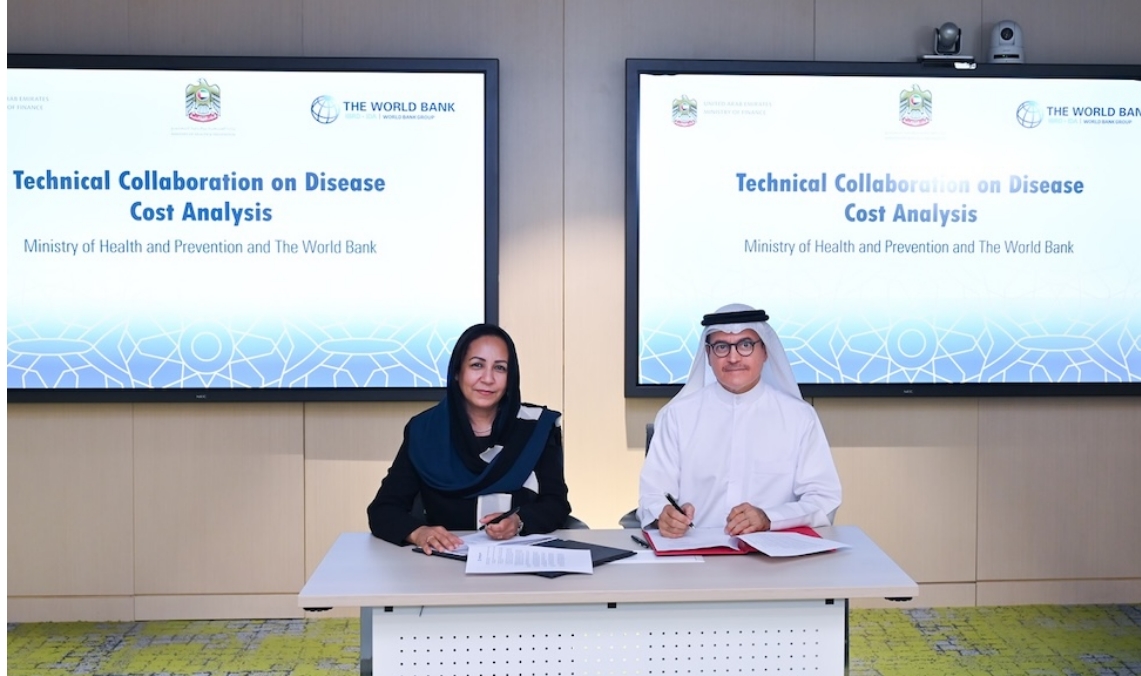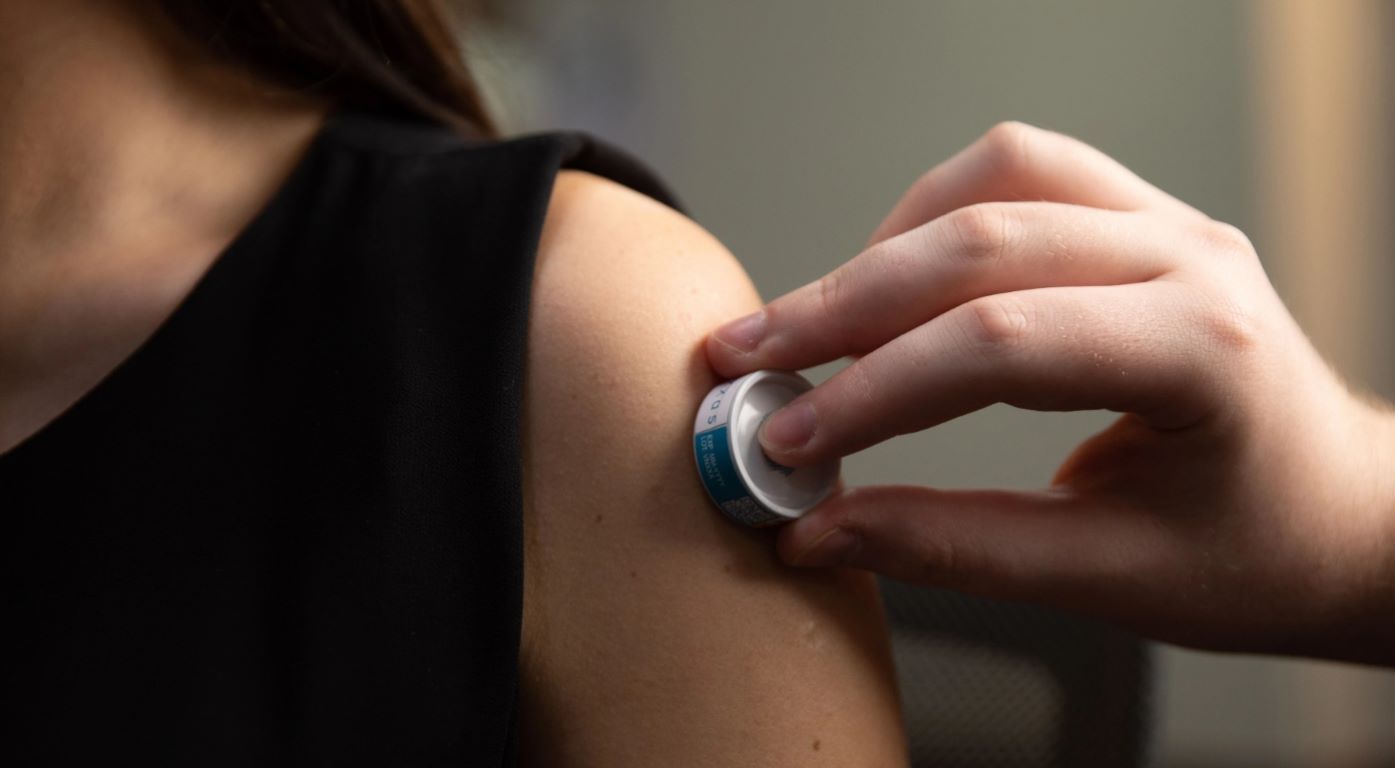How to get your drug registered in Australia?
26 September 2012 | Regulatory | By BioSpectrum Bureau
How to get your drug registered in Australia?

Pharma firms seek inspiration from the Kangaroo to hop across regulatory hurdles in Australia
The life sciences sector in the Asia Pacific (APAC) region provides numerous opportunities for firms that are looking for growth in the region. Regulatory approvals are often a bottle-neck for these firms in the APAC region. BioSpectrum speaks to individuals from the industry and regulatory professionals from Australia, to compile a guide on the regulatory processes in the largest island of the world. (Also read during the week: Regulatory requirements in China, Taiwan, Hong Kong, India, Indonesia, Singapore and Korea)
In Australia, Therapeutic Goods Administration (TGA) is the government body responsible for carrying out a range of assessment and monitoring activities to ensure that the therapeutic goods available in the island country are of an acceptable standards. Moreover, the medicines are evaluated by the Drug Safety and Evaluation Branch (DSEB) of the TGA.
The Australian Drug Evaluation Committee (ADEC) is a statutory committee that provides independent advice to the Minister of Health and Ageing or the Secretary of the Department. ADEC's composition and terms of reference enable it to make medical and scientific recommendations relating to applications referred to it by the minister or the secretary. In Australia, the technical data requirements for the registration of medicines have been evaluated by the DSEB and are closely aligned with those required for applications for marketing authorisation of a medicine published by the European Union (EU). A list of EU guidelines adopted in Australia is also available from the TGA website.
The sponsor of a medicine in Australia is the person or company responsible for applying to the TGA in order to have their medicine included in the Australian Register of Therapeutic Goods (ARTG). The sponsor must be a resident of Australia or be an incorporated body in Australia and conducting business in Australia. The sponsor has to conduct pre-submission meeting with the TGA delegates to submit an application to the DSEB.
A face-to-face meeting with the TGA staff is appropriate for complex applications, especially if there is a need for either party to provide clarity on a particular issue or there is some uncertainty as to whether the registration dossier to be submitted will meet all Australian regulatory requirements.
The Application Entry Team (AET) of the DSEB conducts an administrative screen of the application before the dossier is accepted for evaluation to ensure that there are no deficiencies that would render the application not evaluable. Following the receipt of the ADEC Resolution, the secretary or her delegate (the TGA Delegate) decides whether the application for registration is to be approved or rejected. The sponsor will be advised of the decision of the secretary or the delegate within 28 days of the decision being made.
If the TGA delegate proposes to approve the application, he or she will communicate with the sponsor to address any outstanding issues relating to the application. The TGA may contract external evaluators to review aspects of the data. A TGA delegate will coordinate the evaluation with the external evaluator. Communication with the sponsor in relation to an evaluation, for example issuing Section 31 questions, will be through the TGA delegate. The identity of external evaluators is generally kept confidential.
The registration process for imported drugs is slightly different in Australia as compared to domestic drugs with import drugs requiring import permits and quarantine clearance. Under the Customs (Prohibited Imports) Regulations, importers of narcotics, psychotropic medicines, anabolic steroids, growth hormones, antibiotics and radioactive substances must obtain an import permit and licence. An application for a licence to import should be made in writing to the head, Treaties and Monitoring Section, TGA. Licences are issued subject to Regulation 5 of the Customs (Prohibited Imports) by an authorised person from the TGA. Customs requirements can vary and it is the responsibility of the sponsor to keep abreast of requirements in relation to goods to be imported.
Importers of biological products are also advised to obtain clearance from the Australian Quarantine and Inspection Service (AQIS). All medicines must comply with legislative requirements in force in Australia. Statutory Standards under the Act include the Therapeutic Goods Orders (TGOs) determined under the Act and the British Pharmacopoeia (BP). Where no standard is specified in a TGO or the BP, or where a sponsor is able to demonstrate that the safety and quality of a product will not be compromised, the TGA may allow that the product meet either a standard specified by another pharmacopoeia, such as the US Pharmacopeia (USP) or an agreed non-pharmacopoeial standard.
(The above literature has been extracted from Australian regulatory guidelines for prescription medicines. To know more about regulatory-related issues in Australia, visit www.tga.gov.au)











